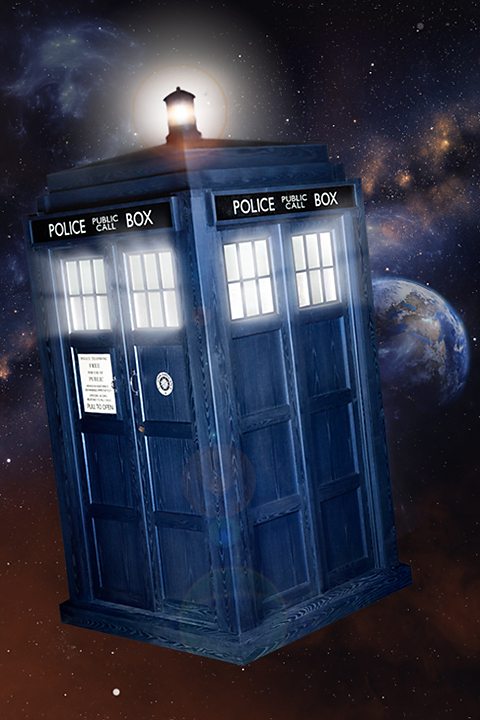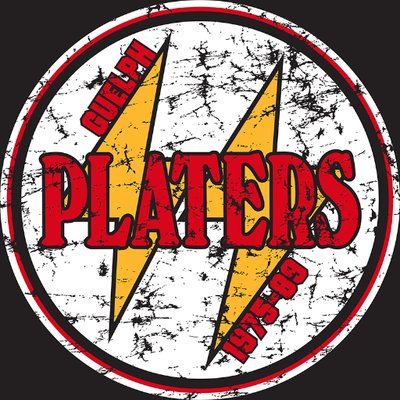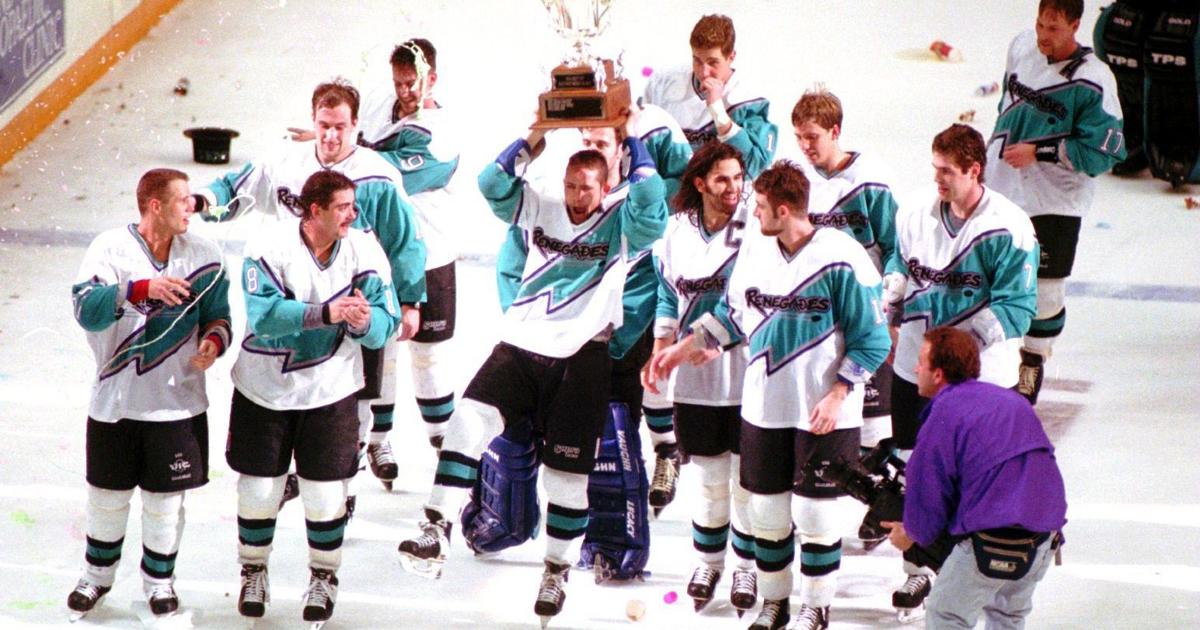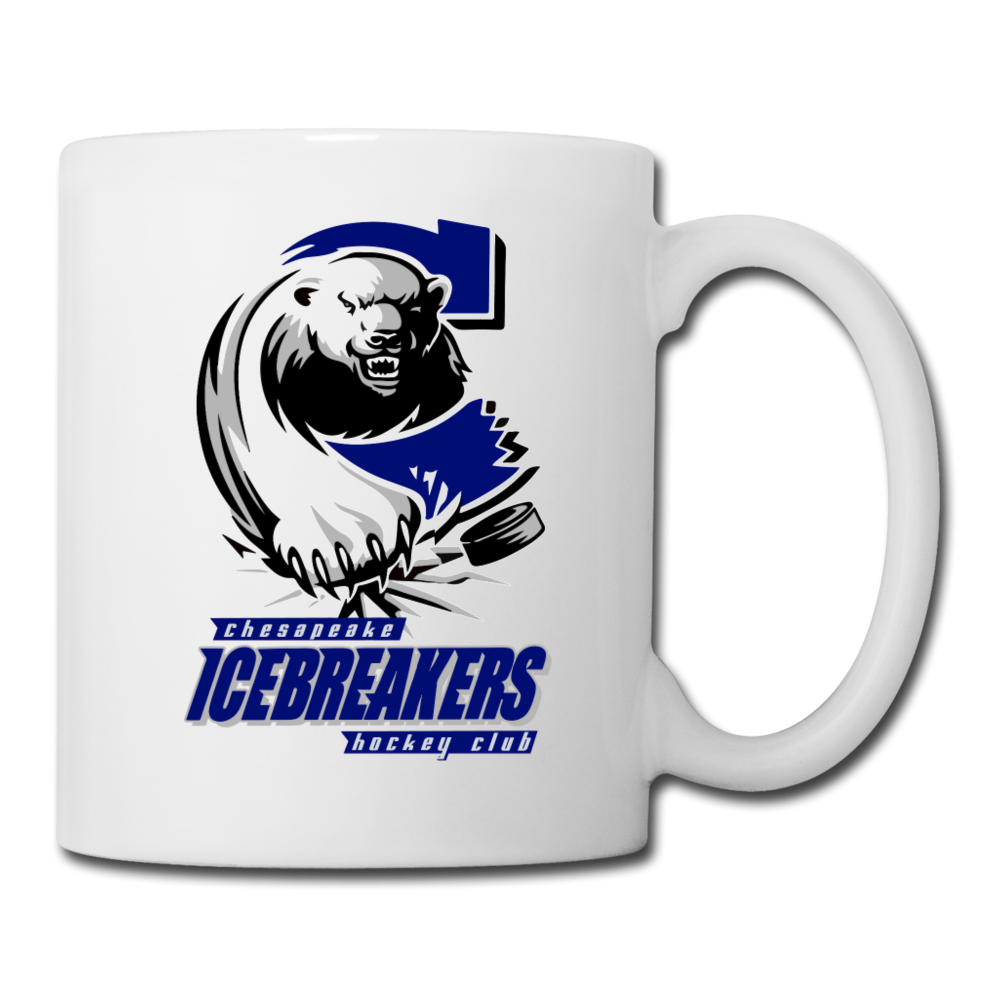SASKATOON SHEIKS
Coach:
Toe Blake
Roster:
Captain: Eddie Gerard
Alternate: Gordie Howe
Alternate: Sprague Cleghorn
Alternate: Babe Siebert
Forwards:
[TABLE=collapse]
[TR]
[TD]
Michel Goulet
[/TD]
[TD]
Phil Esposito
[/TD]
[TD]
Gordie Howe (A)
[/TD]
[/TR]
[TR]
[TD]
Syd Howe
[/TD]
[TD]
Nels Stewart
[/TD]
[TD]
Nikita Kucherov
[/TD]
[/TR]
[TR]
[TD]
Gordon Roberts
[/TD]
[TD]
Gilbert Perreault
[/TD]
[TD]
Joe Mullen
[/TD]
[/TR]
[TR]
[TD]
Tony Leswick
[/TD]
[TD]
Derek Sanderson
[/TD]
[TD]
Phil Watson
[/TD]
[/TR]
[/TABLE]
Line 1:
Howe will act as primary puck carrier for line, much as he did in Detroit w/The Production Line. His all time great fore-checking/goalscoring/playmaking serves an equally all time great goal scorer, Esposito about as well as one could draw up for a hockey club.
An underrated aspect to Esposito's game was his passing skills (led league in assists 3 times, and finished runner up 4 times). He and Howe should be extremely productive on the cycle, generating a lot of puck possession and scoring chances for both, and as you can see below on the VsX charts, either is just as likely to bury the puck in the back of the net.
Goulet, as he did on Team Canada numerous times, most famously in 1987 w/Gretzky and Lemieux, serves as the primary safety/checking valve. It's a role he excelled in when playing with significantly better linemates and brings a nice goal scoring touch as a 3rd wheel. As someone who also carried a line for years at ES in Quebec (he did not skate with Stastny) he gives the Sheiks another reliable option as a puck carrier when the breakout is shifted to the left side of the ice.
Howe and Goulet's skating/checking abilities are strong cover for Espo, someone who was certainly big and plenty physical, but not the swiftest skater in the world, obviously.
VsX Scoring (best 7 years):
Esposito - 130.4 (2nd all time)
Howe - 125.5 (3rd all time)
Goulet - 79.3 (does it really matter)
Total VsX = 335.2
VsX Goals (best 7 years):
Howe - 65.5 (3rd all time)
Esposito - 62.1 (4th all time)
Goulet - 43.1 (44th all time)
VsX Assists (best 7 years):
Esposito - 85.7 (4th all time)
Howe - 80.0 (8th all time)
Line 2:
It would have been neat keeping the Howe's united on the top line, but the 2nd unit needed the strong checking and versatility of Syd Howe, more than they needed Goulet's goal scoring and just decent checking abilities.
Howe brings strong checking, which serves the goal dominant Nels Stewart well. Stewart, if you could please read my bio, was certainly not slow as thought of for years around here (Toe Blake literally refutes the notion Stewart was a pylon and compared his skating to Jean Beliveau) and at least during his Maroons days, had numerous bright spots defensively, again a stark contrast to what we "knew" for years. Now, I'm not saying that Stewart was a speedster or some sort of defensive marvel, but the longstanding and factually wrong stereotypes (that he had cement shoes and was worthless defensively) that we've seen persist, should not remain in any real historical conversation.
Kucherov will serve as the primary puck mover of the group and his playmaking abilities are obviously well documented as someone who is still playing today. Throwing out McDavid, you could certainly argue NK as the best pure playmaker in the NHL over the last half decade or so.
Stewart's physicality/intimidating presence and more importantly, longevity at staying healthy (rarely missed games during his 15 year career, a long career for that era) was a big reason I chose him over Stamkos (for those wondering), who has obviously missed significant time throughout his career and doesn't really bring any physical or defensive element to the table. Kucherov, is better protected to play his best game, with Nels, IMO.
VsX Scoring (best 7 years):
Stewart - 90.3*
Kucherov - 85.7**
Howe - 83.7
Total VsX = 259.7
*Stewart's 7 year score does not include his 1925-26 campaign in which he won the Hart, Rocket, Ross, Smythe during the NHL's campaign. That was the final season before consolidation. Given his 42 points was 2nd most between the East and West (Bill Cook scored 44 points in the WHL), you could certainly replace his 7th best scoring season in the NHL and his overall score would rise considerably.
**Kucherov's score would also rise significantly as well if the current season ended today (Kuch ranks 3rd in scoring behind McD and Draisaitil) having a 3rd place scoring finish replace whatever his 7th best season was previosly.
Defensemen:
[TABLE=collapse]
[TR]
[TD]
Sprague Cleghorn (A)
[/TD]
[TD]
Eddie Gerard (C)
[/TD]
[/TR]
[TR]
[TD]
Babe Siebert (A)
[/TD]
[TD]
Bill Gadsby
[/TD]
[/TR]
[TR]
[TD]
Doug Wilson
[/TD]
[TD]
Neil Colville
[/TD]
[/TR]
[/TABLE]
Tommy Gorman
I admired Eddie Gerard more than any athlete I ever handled. He always gave all he had, was a great organizer, an exceptional team captain, and a fine sport. He was courageous and possessed a fighting-spirit that was hard to beat. He was the spark-plug of the famous Super-Six, which I consider the greatest team of all time. Eddie Gerard and Sprague Cleghorn, were in my opinion, the greatest defence in hockey.
2 way play, and skating, across the blue line is what the Sheiks were looking for when construction the back end of the team. We feel that to often the ATD traps GM's into pairing a traditional strong offensive player, with a strong defensive player but that has its risks, in that it generally leaves a side of the ice with a weak(er) puck moving player, susceptible to a great fore check.
Cleghorn-Gerard was a real life pairing from one of the all time great dynasties in hockey (early 20's Sens). As you can see above,
Cleghorn took 4 out of 7 "aces of hockey" votes on the 1938 All Time Team (screen shot above), as well as being a top 2 pick on many other all time lists by prominent hockey names. He was a brilliant rusher of the puck as evidenced by his retiring with the 2nd most points by a Dman (behind Cameron), finishing top 3 in scoring among D, ELEVEN times between 1911 and 1926, and many references in his multiple bios. He was also the first Dman to lead his team in scoring.
There is nothing to suggest he wasn't anything but a very strong defensive presence as well, again if you read the bios. He could skate, he was one of the most intimidating players of hockey, pre O6 era. He crossed the line between hard play and savagery a few times, however, was hardly the only player who was cited for such behavior in this tie period, while the world class leadership of Gerard, who won back to back SC's with Cleghorn in Ottawa, should ease the concern of Sprague getting too far out of control.
Not to mention, in the locker room, Sprague was known to be a loose, practical joker type so the on ice persona was about playing the game a certain way and his hockey sense/brains were routinely lauded as elite by contemporaries.
To me, Cleghorn was the Chris Pronger of early era hockey, though a stronger offensive player.
Netminders:
[TABLE=collapse]
[TR]
[TD]
Bernie Parent
[/TD]
[/TR]
[TR]
[TD]
Andrei Vasilevskiy
[/TD]
[/TR]
[/TABLE]
Spares:
Terry Harper - D (#7D, will slide into the #6 role next to Wilson if Colville is shifted up to C at any point during the year due to injuries or tactical deployment. A long time Toe Blake staple in Montreal)
Floyd Curry -
RW (will slide into 4RW, if Phil Watson were to be moved up to the 3C role, giving the team a more defensive posture. Like Harper, played for years under Blake).
Phil Goyette - C (Another Toe Blake player, he will fill in the bottom 6 if injuries should arise)
Special Teams:
Power Play 1 (1-3-1):
Net (1) - Nels Stewart
Left wall (3) - Gordie Howe
Slot (3) - Phil Esposito
Right wall (3) - Nikita Kucherov
Point (1) - Doug Wilson
Power Play 2 (3-2):
Net/Slot - Gordon Roberts
Left wall - Syd Howe
Right wall - Gilbert Perreault
Left point - Bill Gadsby
Right point - Sprague Cleghorn
Penalty Kill 1:
Derek Sanderson - Neil Colville
Sprague Cleghorn - Eddie Gerard
Penalty Kill 2:
Phil Watson - Tony Leswick
Babe Siebert - Bill Gadsby






















